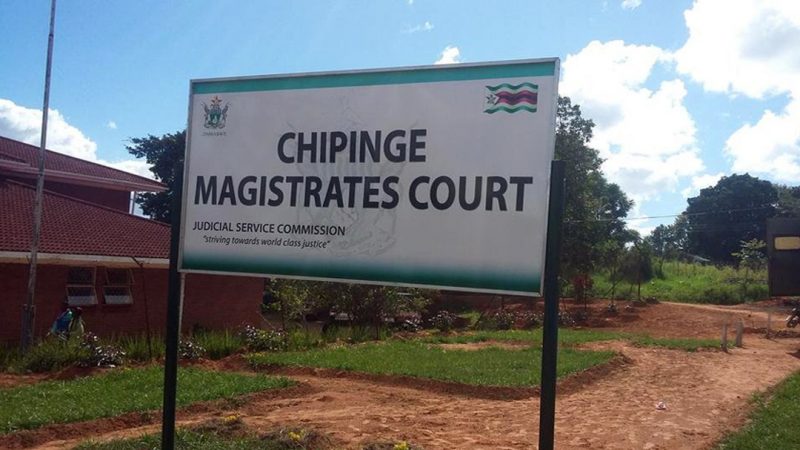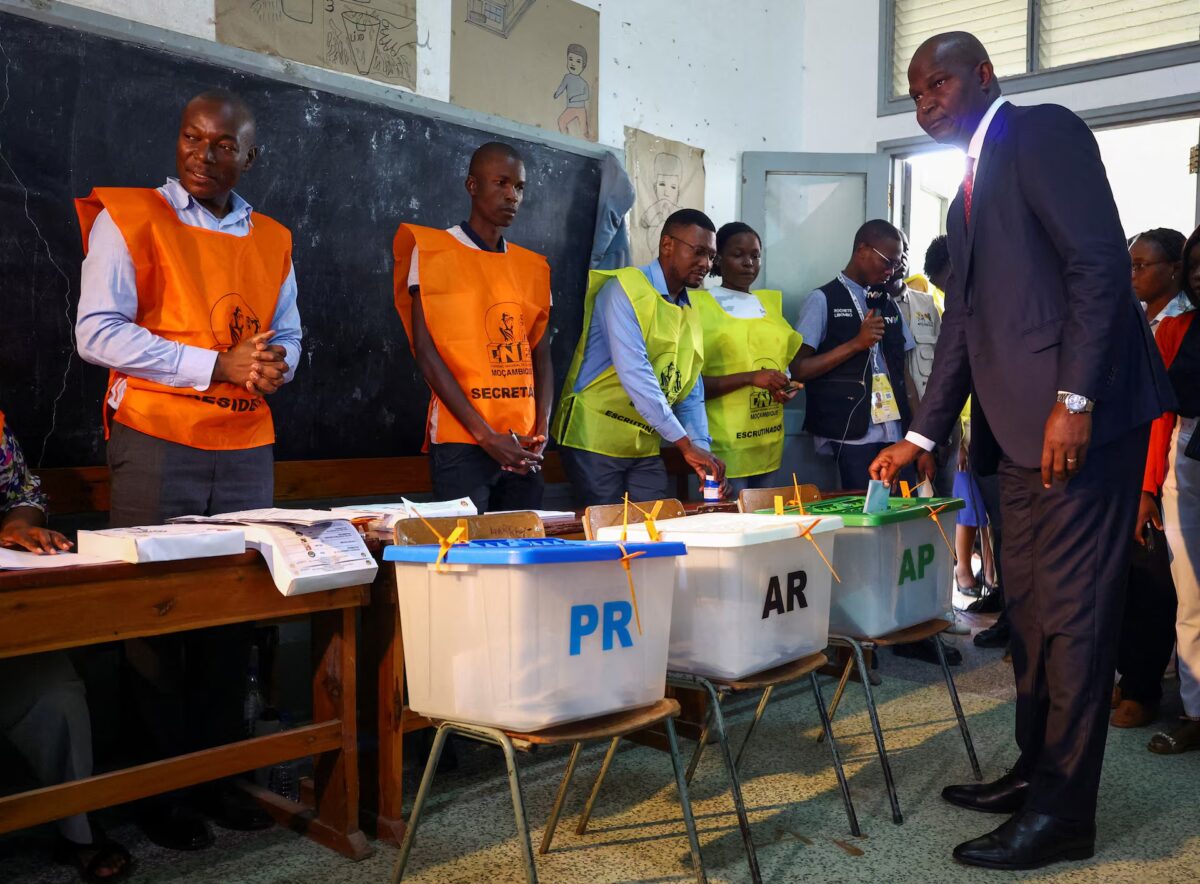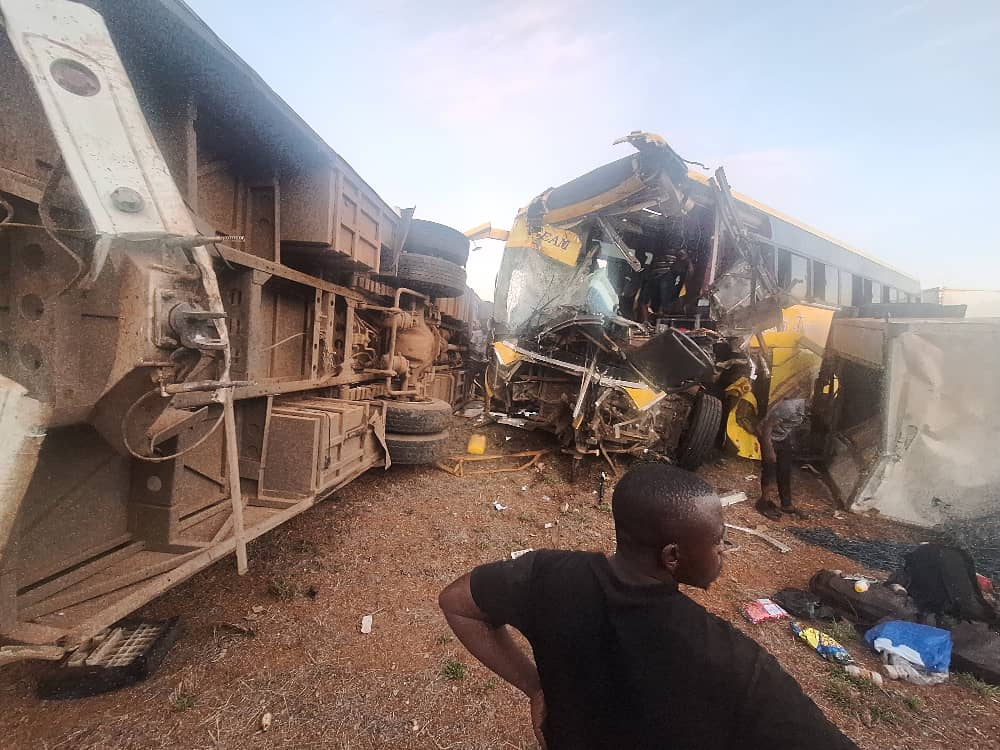HARARE – Lawyers have asked the Supreme Court for leave to appeal a controversial decision by the court last month which converted United States dollar debts to the Zimbabwe dollar at a rate of 1:1, to the prejudice of creditors.
In a chamber application for leave to appeal filed on Friday, lawyers representing N.R. Barber (Private) Limited said the January 20 judgment by Chief Justice Luke Malaba, sitting with Justices Nicholas Mathonsi and Susan Mavangira, “constitutes a negation of the law and represents on the part of the court an abdication of constitutional function.”
N.R. Barber, which is now under judicial management, was owed US$3,885,000 plus interest by Zambezi Gas Zimbabwe (Private) Limited since 2014. The latter neglected to pay the debt despite several court rulings against them, all the way until the government introduced Statutory Instrument 33 of 2019 which converted all US dollar balances to the RTGS dollar, a new local currency, at a discredited rate of 1:1.
On May 21, 2019, Zambezi Gas deposited RTGS$4,136,806.54 into N.R. Barber’s bank account and said that was the final settlement of its debt. As at that date, the amount was equivalent to just USD$144,788.23 at the newly-adopted interbank rate.
Unsatisfied, N.R. Barber sought to attach Zambezi’s Gas’ property leading to the latter approaching the High Court, seeking a declaration that it had fully met N.R. Barber’s debt. The High Court ruled against Zambezi Gas, who took up the matter on appeal at the Supreme Court leading to last month’s judgement.
Advocate Thabani Mpofu, representing N.R. Barber, on Friday sought leave to appeal against the judgment or alternatively an order for direct access to the Constitutional Court.
Mpofu argues that the judgement of the Supreme Court “constitutes a breach of applicant’s constitutional rights as set out under sections 56(1), 69(2) and (3) and 71 of the Constitution of Zimbabwe,” and N.R. Barber is further convinced that “the court erred on certain constitutional questions that it had to determine.”
Antiock Kurauone, the judicial manager of N.R. Barber, says in the founding affidavit that “there are constitutional issues that arise in this matter and that such issues were squarely before the Supreme Court when the matter was heard”, but the court had failed to make comment on or make findings on those issues, omissions which he argues “take away from the judgment any suggestion that it could be deemed to be in any way final.”
“In breach of the protection of the law guarantee as encapsulated under section 56(1) of the Constitution of Zimbabwe, as well as the fair hearing provision in sections 69(2) and (3) of the same constitution, the court aquo erred in proceeding on a false basis being that the validity of Statutory Instrument S.I 33 of 2019 was not challenged and was consequently not an issue before it,” Kurauone argues.
“The question of the validity of S.I 33 of 2019 having been raised, the court aquo erred in breach of section 56(1) of the constitution in not being engaged with it and in accordingly not pronouncing itself on the matter.
“S.I 33 of 2019 having been promulgated contrary to provisions of section 2 of the Presidential Powers (Temporary Measures) Act, the court aquo erred, in violation of section 56(1) of the constitution, in not holding it void and of no assistance in impugning the validity of the judgment of the High Court.”
Kurauone says if the court had applied its mind on the question of the validity of S.I 33 of 2019, it would have agreed that it “constitutes unlawful expropriation in the contemplation of section 71 of the constitution; sanctions the undue deprivation of appellant’s proprietary interests, unjustifiably interferes with contractual obligations and is on the authority of section 2(1) of the same constitution void and of no effect.”
Kurauone also argues that the Supreme Court breached section 56(1) of the constitution in effectively reviewing an earlier judgment by the same court which had held that N.R. Barber was to be paid its debt in United States dollars.
Further, he argues that the Supreme Court “erred at any rate in affording declaratory relief that had not been sought before it and in respect of which it had not heard the parties and erred in granting final and definitive relief on a partial record in violation of appellant’s right to be heard before an independent and impartial adjudicating authority.”
Added Kurauone: “That this law constitutes expropriation without compensation is a point that requires no belabouring. The law cannot deem a hen to be a sheep; it simply is not. Neither can the law force a person contractually entitled to a sheep to receive a hen as payment in place of a sheep. The deeming provisions of the S.I are obnoxious and are accordingly invalid.
“The authorities do not by our law have the right to re-cast such realities and to create fiction which they foist upon real people and real transactions. There is a limit beyond which a lawmaker can go, and such limit is inter alia encapsulated in section 117(2)(b) of the constitution.
“To the extent that there is a chance that the Supreme Court might have violated the constitution in dealing with this matter, it is in the interests of justice that nine judges of the Constitutional Court pronounce themselves on the validity of the exercise by the Supreme Court of its functions.”
The matter is yet to be set down for hearing.
















